Keywords: Church Sex Abuse
-

RELIGION
- Bill Uren
- 11 December 2024
A contentious graduation speech at Australian Catholic University laid bare divisions between traditional Catholic values and modern sensibilities. The backlash, marked by audience walkouts, underscores broader challenges facing the Church.
READ MORE
-

ARTS AND CULTURE
- Cherie Gilmour
- 06 December 2024
Russell Brand's conversion to Christianity has sparked fascination and skepticism. Dismissing his newfound faith as a cynical PR move, critics cite his controversial past. Yet, his public embrace of grace and redemption speaks to a restless spiritual hunger. Is this a genuine transformation or another reinvention of Brand’s ever-shifting persona?
READ MORE 
-
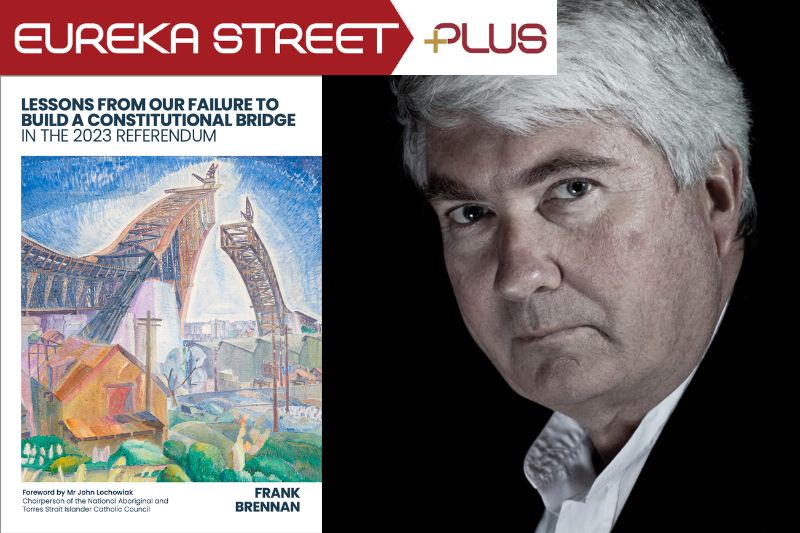
AUSTRALIA
- David Halliday
- 28 June 2024
13 Comments
It's been eight months since the Voice referendum, and people are starting to grapple with what its defeat means for Australia. There are few voices in Australia as qualified to conduct a postmortem of the outcome of the Voice referendum campaign as Frank Brennan. We examine what lessons can be learned and crucually, whether there’s reason for hope for Indigenous constitutional recognition.
READ MORE
-
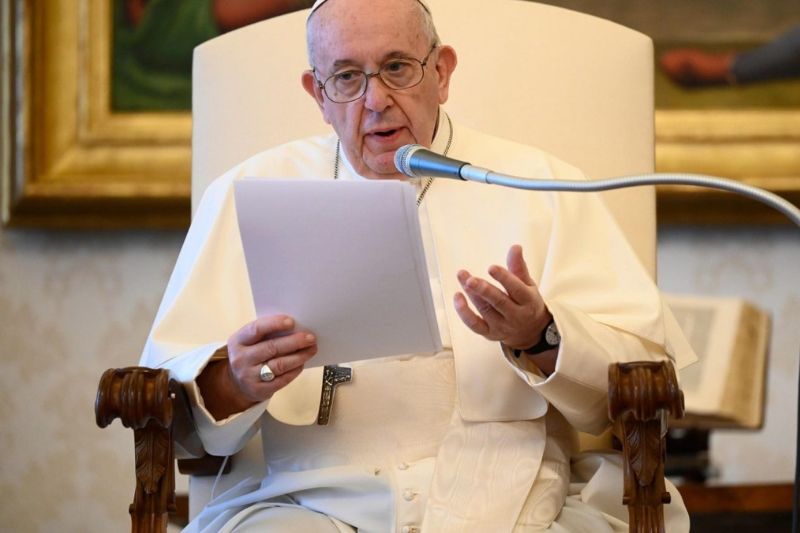
RELIGION
The recent Vatican declaration 'Dignitas Infinita' aims to provide a response to pressing bioethical and social issues, from abortion and euthanasia to gender theory and the rights of migrants. But does it effectively bridge the gap between doctrine and the lived experiences of the marginalised?
READ MORE
-
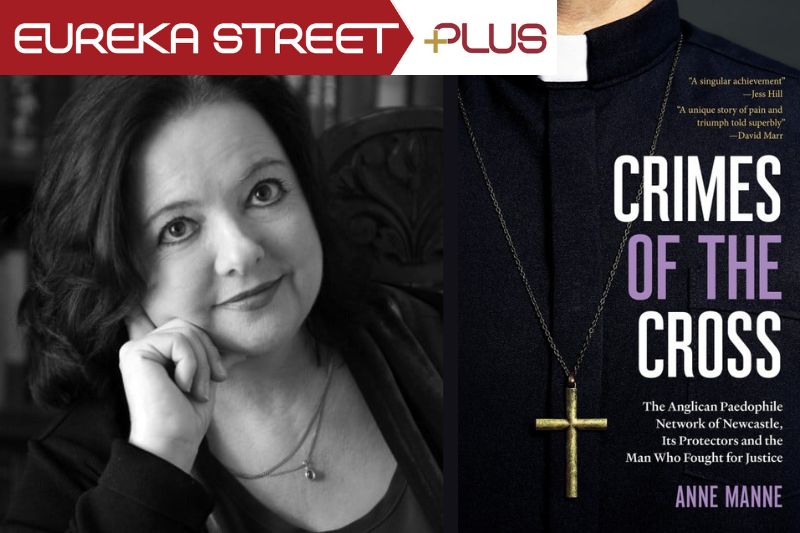
ARTS AND CULTURE
Recent years have made clerical child sexual abuse a badge of shame within Australia’s Catholic hierarchy, and rightly so. But Anne Manne’s new book, Sins of the fathers, will give pause to those who blame these offences on the rule of hieratic celibacy.
READ MORE 
-

RELIGION
- Michele Gierck
- 11 January 2024
In his latest book, The Empty Honour Board: A School Memoir, Martin Flanagan reckons with the legacy of abuse in the Catholic Church by looking back at his experiences at boarding school in Tasmania. In an interview with Michele Gierck for Eureka Street, Martin talks about the process of uncovering what happened all those years ago.
READ MORE 
-

RELIGION
- Bill Uren
- 15 September 2023
3 Comments
As society grapples with evolving concepts of gender, and as the Catholic Church has maintained a stance in conflict with modern gender theory, recent statements by American bishops spotlight the chasm between doctrine and contemporary gender theories. Can these differences be resolved?
READ MORE 
-
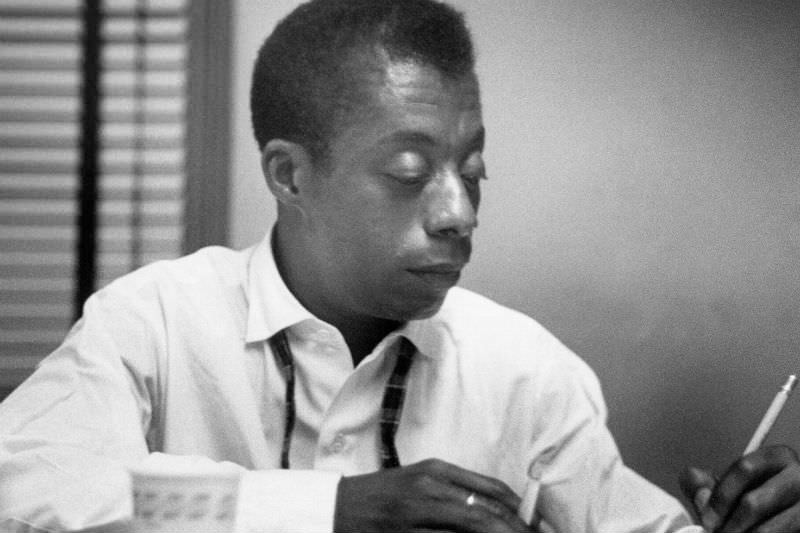
ARTS AND CULTURE
- Mark Tredinnick
- 31 August 2023
3 Comments
Amid shifting perceptions and the fluidity of names, our understanding of self dances on the edge of subjectivity. Traversing the landscape of literature, we're invited to confront our own reflections, to ask what truly defines us in a world that is ever-evolving, and to look beyond the obvious and into the heart of our shared human experience.
READ MORE
-

RELIGION
- Michele Gierck
- 18 August 2023
5 Comments
In his latest book, The Empty Honour Board: A School Memoir, Martin Flanagan reckons with the legacy of abuse in the Catholic Church by looking back at his experiences at boarding school in Tasmania. In an interview with Michele Gierck for Eureka Street, Martin talks about the process of uncovering what happened all those years ago.
READ MORE 
-

RELIGION
- Jamie Calder
- 21 June 2023
5 Comments
The Royal Commission into Institutional Responses to Child Sexual Abuse made a recommendation for professional supervision within religious and pastoral environments. But can professional supervision repair broken trust, ensure accountability, and promote a more ethical approach to care in the face of past failings?
READ MORE
-
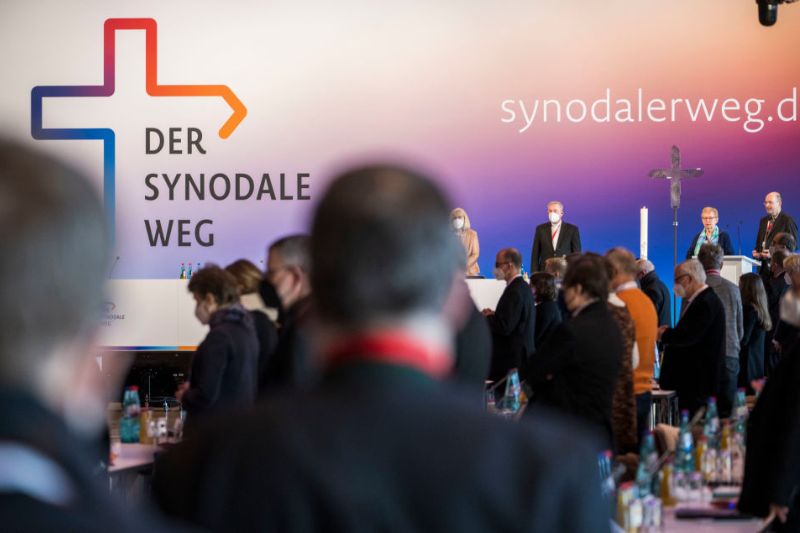
RELIGION
- Susan Sullivan
- 25 May 2023
4 Comments
In the final German Synodal Way assembly, the Church addressed difficult issues, openly discussing obligatory celibacy and blessing same-sex couples and divorced Catholics. The assembly pushed for Church teachings to adapt to individual congregations' realities, but how this approach will affect the global Church is unclear.
READ MORE
-

AUSTRALIA
- Andrew Hamilton
- 02 February 2023
6 Comments
Any discussion of the ethics of culture war should begin with the basic reality of human communication: to flourish, human beings rely on cooperation with other people. Speaking abusively about others weakens the necessary trust that lies at the foundation of a well-functioning society and inhibits the conversation about values necessary in a humane society.
READ MORE